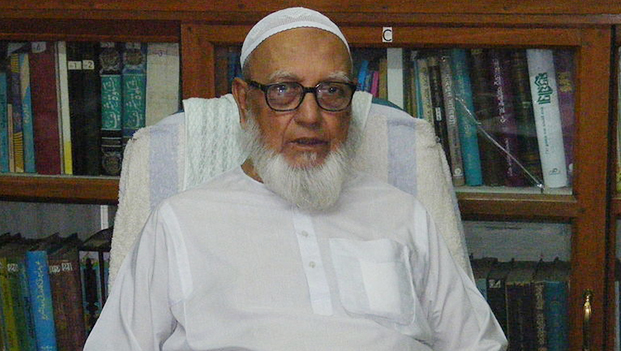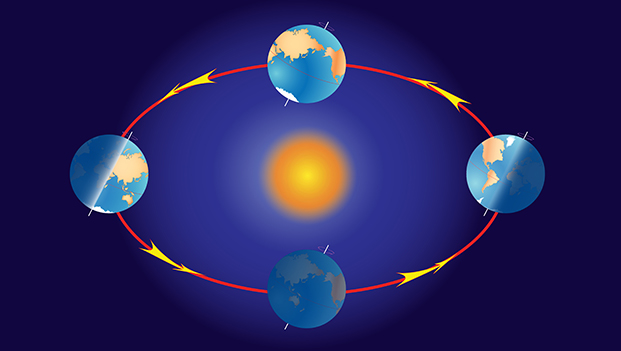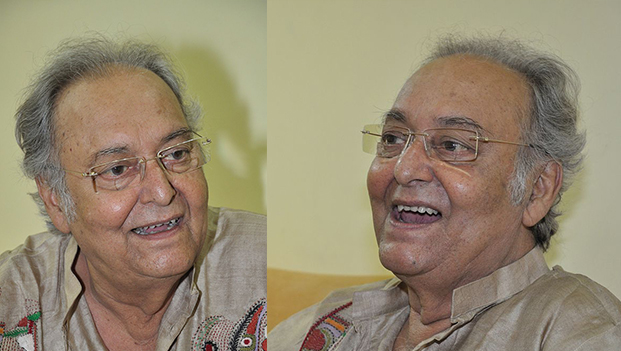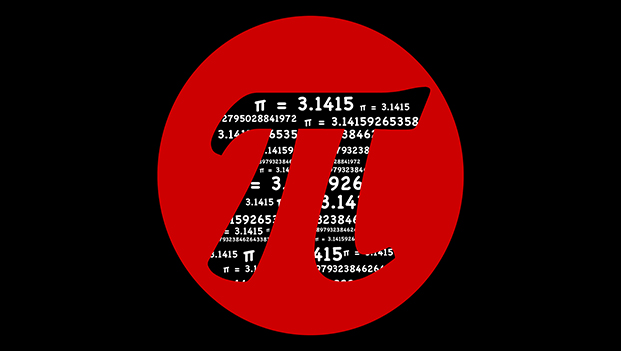11th February 2016
Founder of Kindergarten System
In 1837, Friedrich Froebel established the ‘Play and Activity Institute’ based on his tested method of activity based learning. He renamed the institute ‘Kindergarten’ in 1840. The word kindergarten means the garden for the children (kind or ‘child’ and garten or ‘Garden’), a place where they can observe nature and interact with it. It also means the garden of children, where the children can grow and develop freely without any interference from political or social imperatives.





